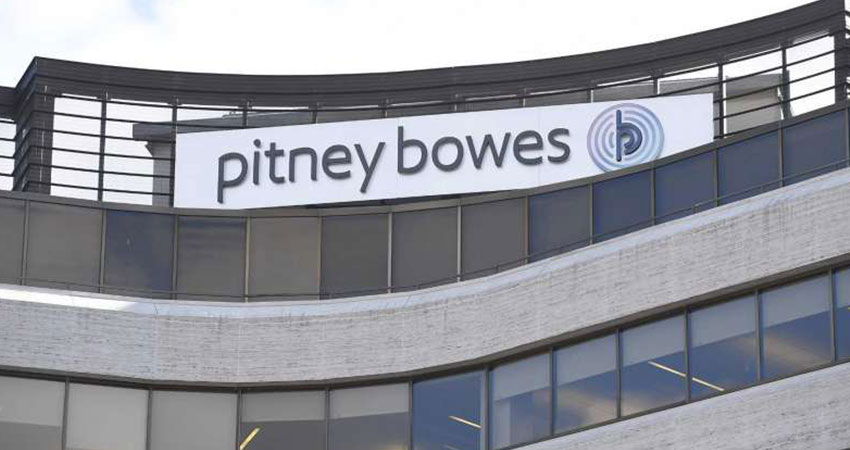A hedge fund which made headlines with its stake in GameStop before the struggling retailer became a Reddit-fueled stock phenomenon has taken a position in Pitney Bowes, believing its assets are severely undervalued, and suggesting its ecommerce unit could be sold off.
Last week, Hestia Capital Partners filed a 13D with the Securities and Exchange Commission, signaling it had amassed a 6.9% stake in Pitney Bowes. A source familiar with the matter said Hestia and its principal Kurt Wolf see the ecommerce business as a drag on earnings and thus should be shed.
Hestia and Wolf are also in discussions with a couple people they want to put forward as board candidates, including a former executive with Pitney Bowes competitor Stamps.com, the source said. They added Hestia selectively seeks out companies whose stocks have “fallen off the screen of the typical investor” and represent significant upside value.
In its most recent quarter, Pitney Bowes reported $830.9 million in revenue, down 5% from $875.5 million in 2021. Net income was $5.5 million, down 39% from $9.1 million a year ago. The company’s stock is down 64% in the past five years, and down 52% in the past year.
“Pitney Bowes engages in open and regular communication with shareholders and welcomes constructive input on how to enhance long-term shareholder value,” said William Hughes, the company’s chief communications officer, in a statement. “This communication with shareholders includes an ongoing dialogue with Hestia Capital over many months. We continue to engage in good faith around Hestia’s perspectives.”
The source said Hestia believes two of Pitney Bowes units, the legacy SendTech postage meter business and its presort mail consolidation operations, are strong and profitable, with solid market share. But ecommerce, which includes reverse logistics provider Newgistics, has not been managed well and is underperforming in Hestia’s view, the source said. They added the hedge fund principals further believe the presort business in particular is in a great position, with its leading share, to snap up smaller players and gain scale in a shrinking market.
Hughes said Pitney Bowes has seen its investments in SendTech and presort result in stabilization and the potential for growth, while there have been “positive volume trends and margin growth” in the domestic parcel network within global ecommerce. “As we continue to navigate a turbulent market, we believe our businesses are very well positioned for future success,” he said.
In June, Borderfree was acquired from Pitney Bowes by Israeli cross-border and fintech firm Global-e for $100 million in cash, about a quarter of its original price. Newgistics was acquired in 2017 for $475 million.
For the most recent quarter, Pitney Bowe’s ecommerce division posted an EBITDA loss of $17 million, against break-even in 2021, while presort earned $28 million and SendTech $102 million. Ecommerce revenue fell 11% to $354 million.
Wolf has reportedly suggested to Pitney Bowes management the formation of a board committee focused on capital allocation and strategic planning, much like he and Hestia did successfully with GameStop, working alongside billionaire investor Ryan Cohen.
The source said Wolf and Hestia want to work constructively with Pitney Bowes’ board and management, but believe it’s time for change, especially considering the company’s track record in ecommerce since the 2015 acquisition of Borderfree. For that reason, they said, Hestia believes a new voice is needed in the boardroom.
In other news, Pitney Bowes last week announced a 6.5% general rate increase (GRI) for its ecommerce business in 2023, slightly lower than the 6.9% figure coming from both FedEx and UPS. This includes domestic parcel shipment, returns and cross-border shipping.
“Our 2023 ecommerce pricing will allow Pitney Bowes to maintain capacity and performance levels across our network, while continuing to make strategic investments in our technology infrastructure,” said Patrick Allard, Chief Revenue Officer, Global Ecommerce for Pitney Bowes in a release.

